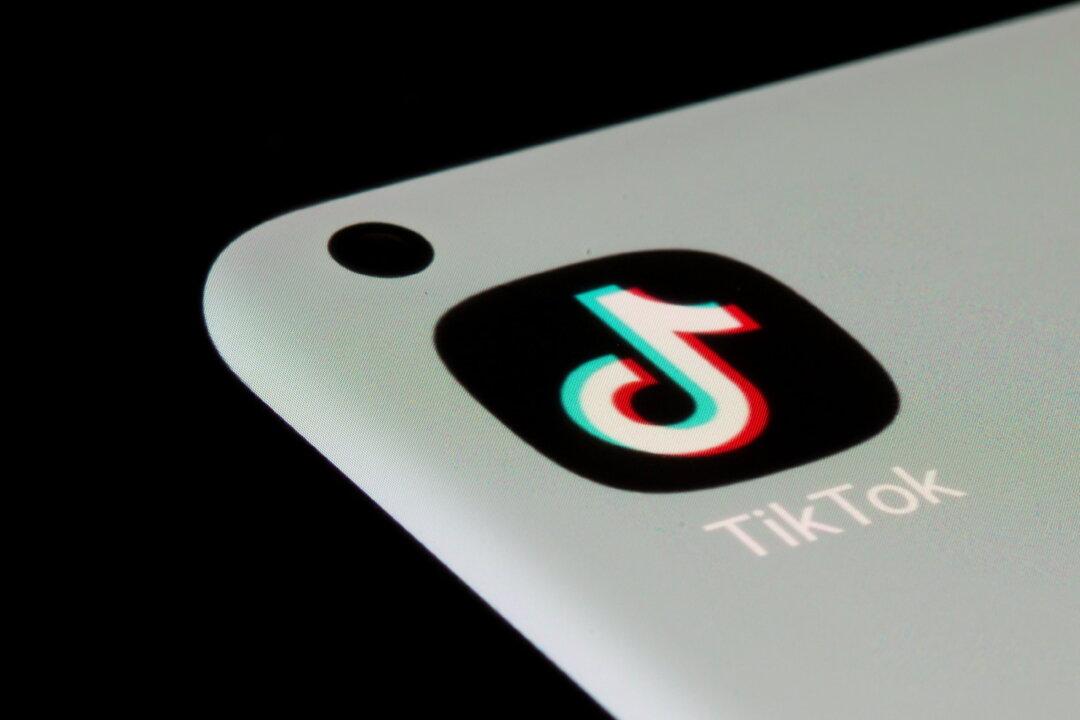The use of the Beijing-based TikTok app by U.S. military service members on their personal phones poses a risk to U.S. national security, a Federal Communications Commission (FCC) official has said.
Most American service members fail to see TikTok as a national security threat, Commissioner Brendan Carr told a House hearing on protecting service members and veterans from scams.





